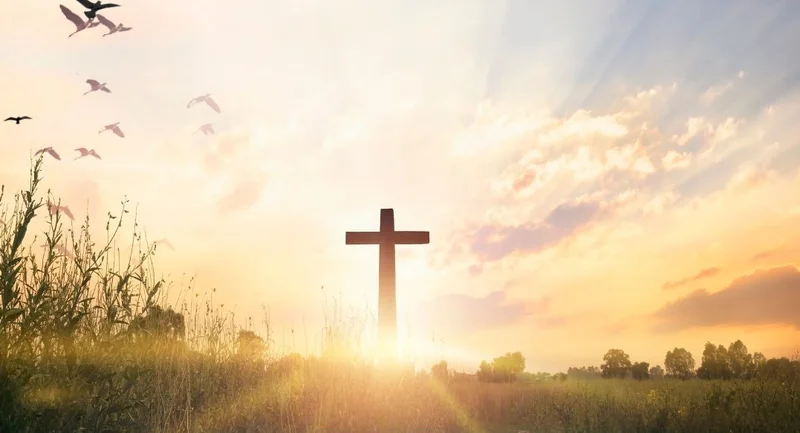The Cross-Border Century is Officially Here: Why It's the Biggest Opportunity of Our Lifetimes
The world just got a whole lot smaller, didn't it? I mean, really small. For years, we've talked about globalization, about a connected planet, but it always felt…abstract. Like something happening "out there," not in our daily lives. But hold on tight, because the future just landed, and it's wearing a passport.
What am I talking about? Three seemingly unrelated events, all hitting the news this week, are actually pieces of the same, massive puzzle. And when you put them together, you see a picture of a truly borderless world emerging.
First up, the OECD just dropped an update to its Model Tax Convention. Now, I know, "tax convention" sounds about as exciting as watching paint dry, but trust me, this is huge. They're basically rewriting the rules for how countries tax remote workers and natural resources. OECD updates Model Tax Convention to reflect rise of cross-border remote work and clarify taxation of natural resources Why does this matter? Because it acknowledges, officially, that remote work isn't a temporary fad. It's the future. And it's forcing governments to adapt. Imagine a world where you can live anywhere and work for anyone, without getting tangled up in a web of international tax laws. The implications are staggering. What kind of innovation will this unlock? What new collaborations will we see?
Then, we have the incredibly brave and honest Sania Mirza, opening up about the challenges of cross-border parenting after her divorce. She spoke about the loneliness, the difficulty of leaving her son in Dubai while she travels to India for work. It’s a deeply personal story, but it highlights something profound: families are becoming increasingly transnational. We're building lives across borders, raising children with a global perspective. This is the human side of globalization, the messy, beautiful reality of a world where "home" can be more than one place. How do we support these families? How do we ensure that children grow up feeling connected to all parts of their identity?
And finally, Dundalk Institute of Technology and Queen's University Belfast are teaming up in a new cross-border collaboration. Students at DKIT will now receive their degrees from QUB. The Irish government is calling it a step towards the first "all-island university." This is about more than just education; it's about building bridges, fostering understanding, and creating a shared future. In a world that often feels divided, this is a powerful symbol of unity. What if we could create a truly global education system, where students from all over the world could learn from each other, collaborate on projects, and build lifelong friendships?
The Big Idea: A Borderless World is a Better World
These three stories, seemingly disparate, all point to the same conclusion: the walls are coming down. Not just physical walls, but also the invisible walls of bureaucracy, culture, and mindset. We're entering an era of unprecedented global interconnectedness, and the possibilities are limitless.

Think about it: remote work is exploding, families are becoming transnational, and educational institutions are forming cross-border partnerships. We are witnessing the emergence of a truly borderless world.
It's like the invention of the printing press all over again. Before Gutenberg, information was tightly controlled. Knowledge was power, and power was concentrated in the hands of a few. But the printing press democratized information, empowering individuals and sparking a revolution. The internet did something similar, of course, but we were still limited by physical boundaries, by outdated laws, and by cultural divides. Now, those barriers are crumbling.
This reminds me of when I first started at MIT. I was surrounded by brilliant minds from every corner of the globe, all working together to solve some of the world's biggest problems. The energy was electric, the possibilities endless. That's the kind of world I want to live in, and that's the kind of world I believe we can create.
But, and this is a big "but," we have to be responsible. This new world comes with new challenges. We need to address issues of inequality, ensuring that everyone has access to the opportunities of globalization. We need to protect individual privacy and prevent the misuse of technology. And we need to foster a sense of global citizenship, reminding ourselves that we're all part of the same human family.
This is the kind of breakthrough that reminds me why I got into this field in the first place. It’s not just about technology; it’s about people. It’s about creating a better future for all of us.

